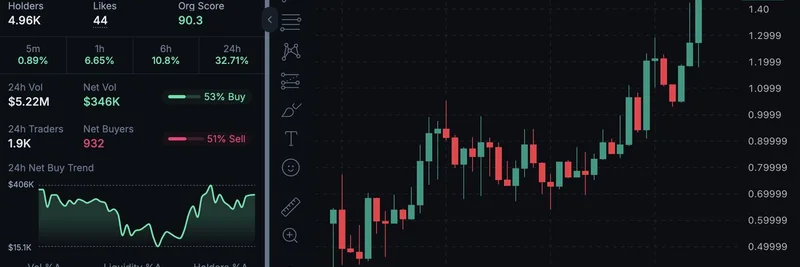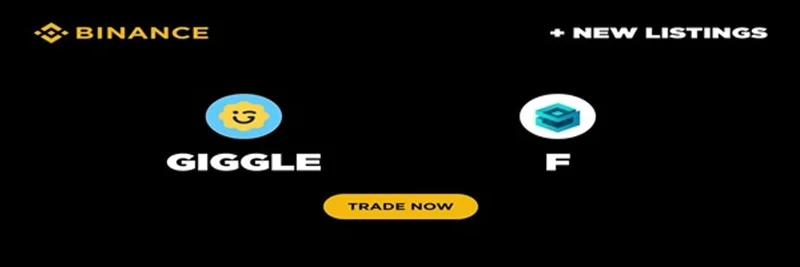In the fast-paced world of cryptocurrency, new ideas pop up all the time, but some really stand out for their potential to change how businesses connect with their fans. Recently, mst from Raydium Protocol, a popular decentralized exchange on Solana, shared a thought-provoking tweet about consumer brand coins. He said they’re “pretty cool” because they build a “diehard community for your product that will go above and beyond for your brand—way more than a normal consumer would.” You can check out the original tweet here.
So, what exactly are consumer brand coins? Think of them as cryptocurrency tokens tied directly to real-world consumer brands or products. Unlike pure meme coins, which often rely on viral hype and internet culture without much backing, brand coins are linked to tangible goods, services, or intellectual property (IP). This connection creates a symbiotic relationship where the token's success boosts the brand, and the brand's growth pumps the token's value. It's like owning a piece of the brand's cultural momentum, turning everyday buyers into invested stakeholders.
The magic lies in the community aspect. Traditional marketing might get you likes or shares, but a brand coin turns supporters into evangelists. Holders aren't just customers; they're part-owners in the ecosystem, motivated to promote, create content, and even collaborate on new ideas. This level of engagement can lead to explosive growth, as seen in some standout projects.
Top Examples of Consumer Brand Coins in Action
Let's look at a few projects that have nailed this concept, showing how brand coins can bridge crypto and real-world consumerism.
$REKT and Rekt Drinks: This one started as an NFT art project but evolved into a full-fledged energy drink brand. Holders of the $REKT token get perks like converting "DRANK Points" from drink purchases into more tokens. It's a perfect flywheel: buy the product, earn rewards, watch the token appreciate as the brand gains traction. Rekt Drinks has positioned itself as a pioneer in web3 consumer products, proving that brand coins can drive real sales and loyalty.
$PENGU from Pudgy Penguins: Born from a beloved NFT collection featuring cute penguin characters, Pudgy Penguins expanded into physical merchandise like toys and apparel. The $PENGU token, launched on Solana, captures the brand's value and lets fans trade on its popularity. With partnerships and pop culture tie-ins, it's a prime example of how IP-driven brand coins can go mainstream, turning digital collectibles into a global phenomenon.
$MOLLY by Ascend Horizon: This project aims to create the world's first consumer blockchain product, where every physical item is unique, serialized, and tied to the blockchain. $MOLLY acts as a brand coin, rewarding community engagement and tying token value to the brand's real-world success. It's an innovative take on blending tangible goods with digital ownership, potentially paving the way for mass blockchain adoption in everyday shopping.
These examples highlight how brand coins differ from standard meme tokens. While memes like Dogecoin or Shiba Inu thrive on speculation, brand coins add utility through products and experiences, making them more sustainable in the long run.
Why Consumer Brand Coins Matter for the Future of Crypto
In a space often criticized for being too speculative, consumer brand coins offer a refreshing dose of real-world application. They align incentives between brands and consumers, fostering communities that are passionate and proactive. For blockchain practitioners, this means new opportunities to launch or invest in tokens that have built-in demand drivers.
Of course, not every brand coin succeeds—execution is key. As mst's tweet implies, the real power comes from communities that rally around the product. When someone asked for examples of well-executed ones in the replies, mst responded with a cheeky gif, perhaps hinting that while the idea is solid, perfect executions are still emerging.
If you're building in crypto or just curious about meme tokens with a twist, keep an eye on this trend. Platforms like Raydium make it easy to launch and trade these tokens on Solana, where low fees and fast transactions suit community-driven projects perfectly.
What do you think—could consumer brand coins be the next big thing in web3? Share your thoughts, and stay tuned to Meme Insider for more updates on the evolving world of meme tokens and blockchain innovations.


